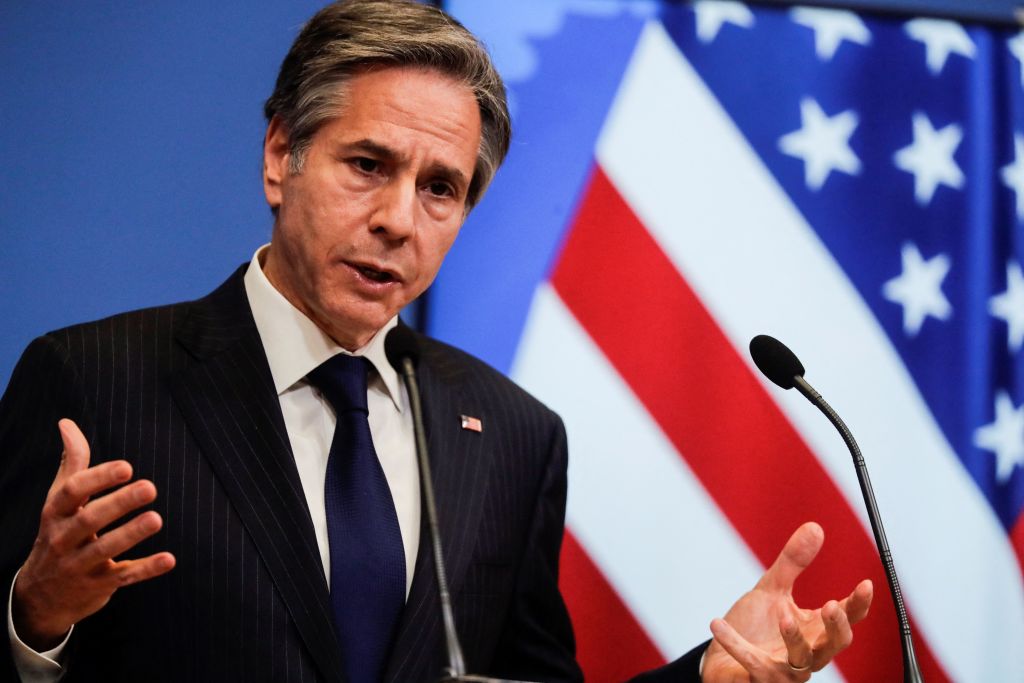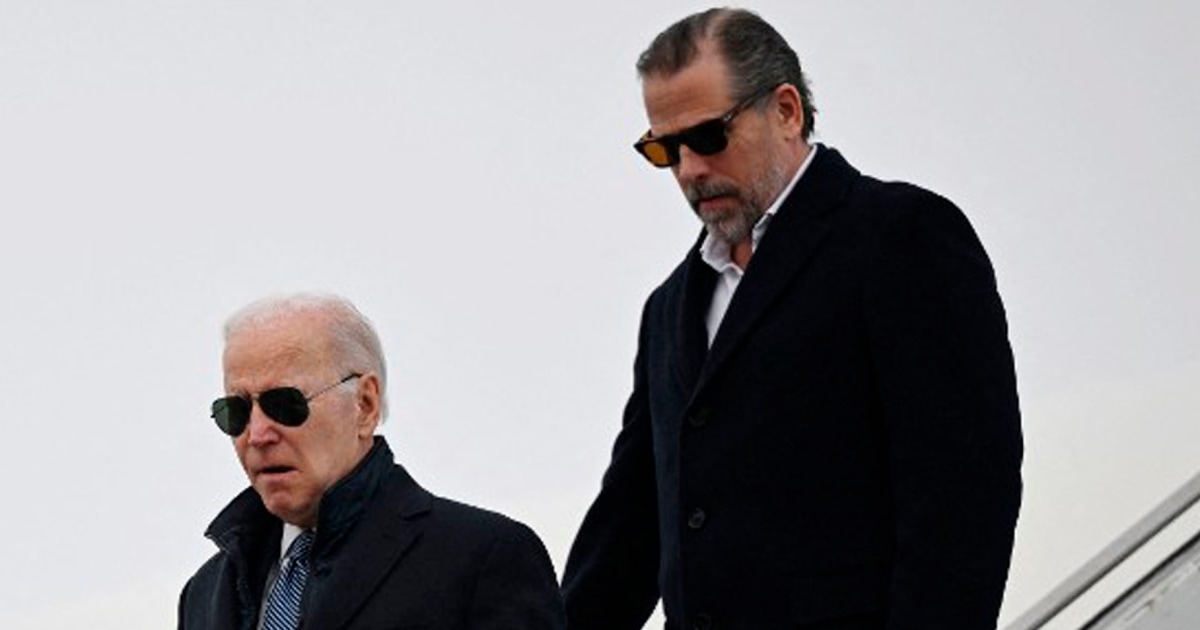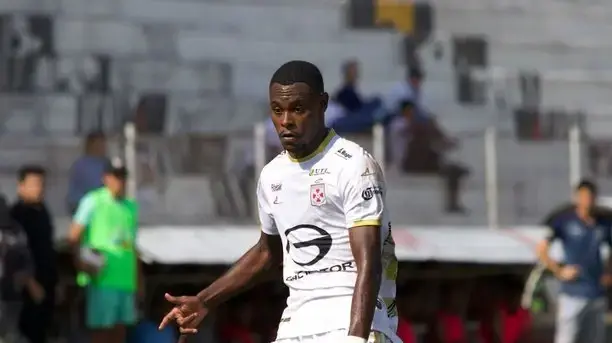What Bolivian President Luis Arce says about the case of Jeanine Áñez and more 19:07
(CNN Spanish) -
The United States government said this Saturday that the arrest and preventive imprisonment of former officials of the interim government of Bolivia represent "growing signs of undemocratic behavior and politicization of the legal system" in the country, for which it urged the government of the President Luis Arce to release them, a call that the Bolivian Foreign Ministry described as "interference in internal affairs."
According to a statement from the Secretary of State of the United States, Antony Blinken, they join the voices that have raised serious questions about these cases, although it does not directly mention the former interim president Jeanine Áñez and two of his former ministers who have been arrested and are in preventive prison.
«The recent arrests of interim government officials are not in line with Bolivia's democratic ideals, they discredit the extraordinary efforts of so many Bolivian voters, candidates and public servants that allowed the October 2020 national elections, as well as the sub-national vote of 7 March, "Blinken said in the statement.
MIRA: The Bolivian justice declared inadmissible the appeal presented by the former interim president Jeanine Áñez and her former ministers
“We call on the Bolivian government to make clear its support for peace, democracy and national reconciliation, including by releasing former detained officials pending an independent and transparent investigation into human rights and due process concerns. », He added.
The statement considered that the arrests were due to "unfounded accusations and apparent violations of due process", as well as a "highly politicized" criminal prosecution by the Bolivian government.
advertising
In a statement, the Bolivian Foreign Ministry rejected Blinken's comments, although it does not refer directly to Áñez's case.
"These types of pronouncements are an unfortunate example of interference in internal affairs, they do not contribute to developing a relationship of mutual respect between our States, they do not respond to objective information and are precisely against the institutional framework that they intend to defend," the statement said.
Until this Saturday, Arce had not publicly commented on Blinken's statements.
This week, Arce told CNN that these criminal proceedings are not motivated by a desire for revenge on the part of his government.
“We are not moved at any time by any desire for revenge hatred (…) we are moved by the desire for justice for the Bolivian people, justice because it cannot be that someone instructs the military to pull the trigger and now they want to ignore the situation, and when that happens, human rights are being violated, non-existent due processes are being violated.
Those are arguments simply to avoid normality, "he said in an interview while visiting Mexico.
The call of the US official comes a day after the Bolivian justice declared inadmissible the appeal for "illegal arrest" presented by Áñez and his former ministers, who must remain in preventive detention, according to the state network Bolivia TV.
The Prosecutor's Office accuses the former interim president and her former ministers of Justice and Energy of the crimes of "terrorism, conspiracy and sedition" in the framework of the case called "Coup d'état", which allegedly was consummated with the departure of former President Evo Morales of the Presidency in 2019.
Áñez affirms that such a coup "never" occurred and denounced a political persecution against him and his former officials.
Former ministers Álvaro Coimbra and Rodrigo Guzmán assure that their arrests lack legal bases.
In November 2019, then-Bolivian President Evo Morales resigned after an international audit by the Organization of American States (OAS) suggested that the results of the October 20 elections could not be ratified due to "Serious irregularities".
The OAS assured that the alleged offenses, which included errors in the chain of custody of the ballots, alteration and falsification of electoral material, redirection of data to unauthorized servers and manipulation of data, impacted the official vote count.
The electoral result plunged Bolivia into a political and social crisis that had violent episodes between protesters and the security forces.
Only between October and December 2019, at least 37 people died in these clashes, according to a report by the Bolivian Ombudsman's Office.
Áñez assumed the interim Presidency of Bolivia on November 12, 2019, after the departure of Morales and the resignations of Vice President Álvaro García Linera, President of the Senate, Adriana Salvatierra Arriaza, and First Vice President Rubén Medinaceli Ortiz.
Áñez was the next in the chain of the presidential succession.
Morales ruled Bolivia for almost 14 years and after resigning he left the country on November 11, 2019. He returned on November 9, 2020, after spending almost a year in exile in Argentina.
With information from Abel Alvarado and Gloria Carrasco.
Antony BlinkenJeanine Áñez


/cloudfront-eu-central-1.images.arcpublishing.com/prisa/JOUHOYP5TZF3RFHSGHG2XJTTLY.jpg)









/cloudfront-eu-central-1.images.arcpublishing.com/prisa/KMEYMJKESBAZBE4MRBAM4TGHIQ.jpg)


